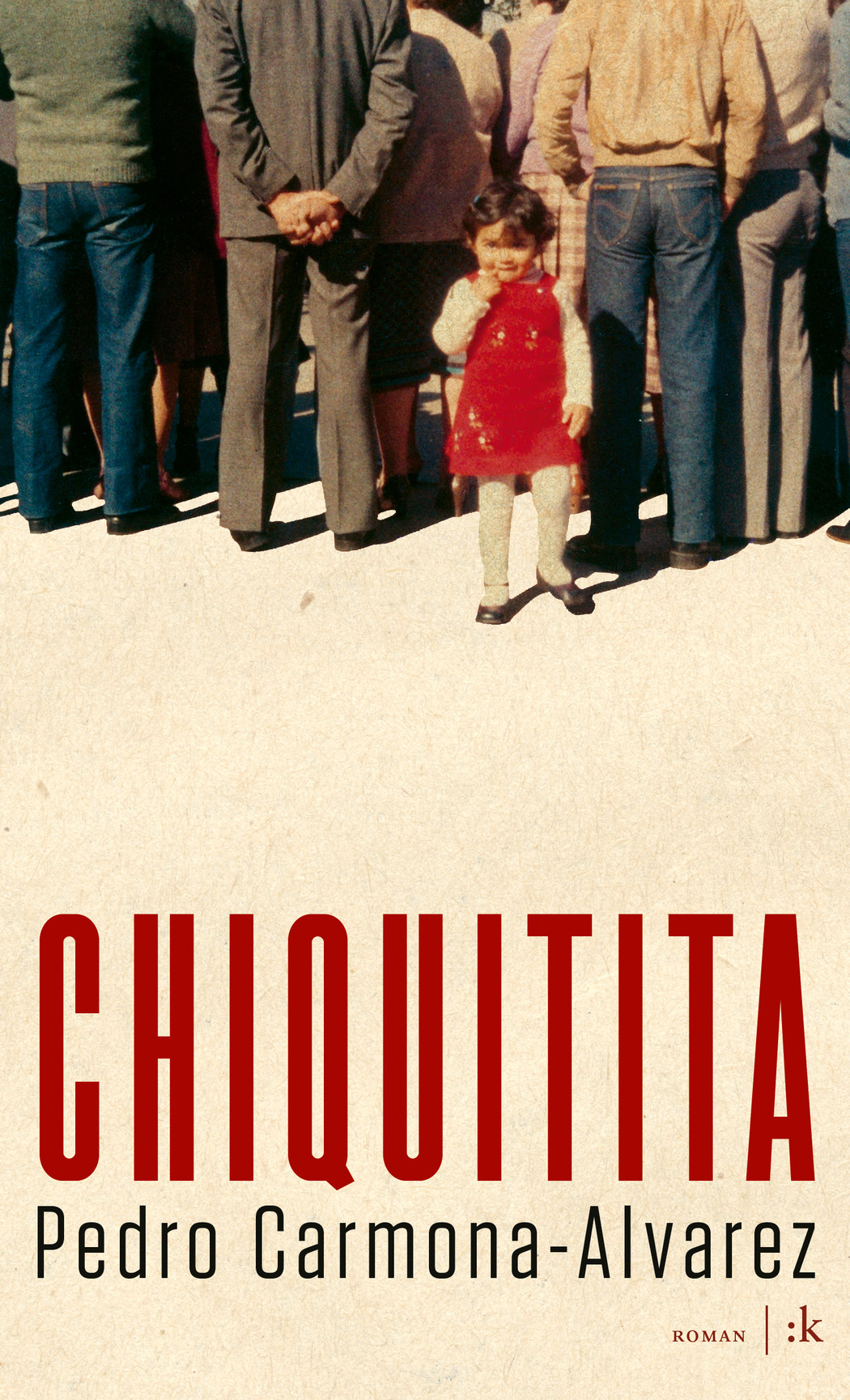Chiquitita
Chiquitita
Marisol is a middle-aged woman who is looking back on her life, at the young woman she once was, the woman who once broke down in front of a painting of a small dog in a big city museum.
Marisol is a young woman on holiday with her boyfriend, her first love. They are in a museum in a big city and looking at a painting of a sinking dog. Her boyfriend wants her to tell him about her life, her childhood, and the refugee child she once was. But she breaks down.
Marisol is a child living with her mother and father in a city by the ocean. The parents are young, stylish, and living lives at the heart of the zeitgeist. The child often stays in her grandmother’s home, where she lives for long periods of time during her childhood, surrounded by aunts and uncles. Then the country collapses. She is picked up in the middle of the night and the small family must flee over the mountains into the bordering country. But they are not permitted to remain there, and while they wait for another country to admit them, they must live in a refugee camp full of shadows and ruptured stories.
Then they come to Norway.
Chiquitita is a melancholy, poetic story about fleeing for one’s life, about the passage of time, and about the things in life that don’t disappear and come back to haunt us. A novel about impossible stories, trauma and violence, but also about hope and light and love.
Winner of The Riksmål Society Literature Prize for 2023

‘A unique literary project (…) gives voice to all children who have been compelled to flee, forming yet another intricate facet within a unique literary undertaking – evocative of the shifting patterns seen through a kaleidoscope.’
Bergens Tidende
‘Through his meticulous and inventive use of language, Carmona-Alvarez has crafted a profoundly thought-provoking piece of literary art, deepening the reader’s comprehension of the enduring impact of displacement on the human psyche.’
Dagens Næringsliv
